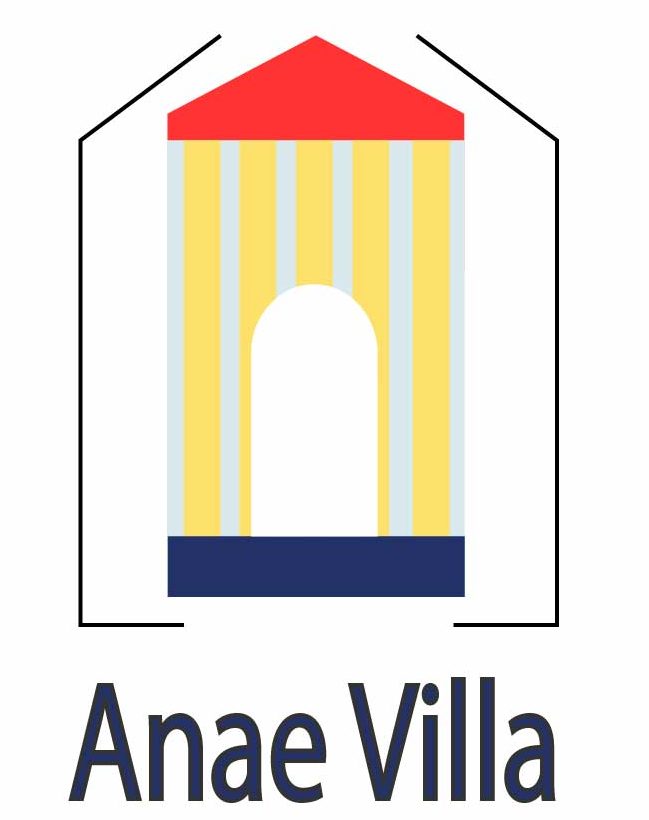Herbalism, the training of applying flowers for therapeutic applications, has been an integral part of human record for thousands of years. African-american herbalism, specifically, has an abundant history and tradition that’s deeply intertwined with the continent’s varied flora and standard therapeutic practices.
For the duration of Africa, traditional healers have already been using plants and herbs for decades to treat a wide variety of diseases and ailments. These healers, who’re often called “sangomas” or “traditional doctors,” are extremely respectable people of these towns and are noted for their huge understanding of herbal therapies and healing practices.
African herbalism is based on the principle that the body is an interconnected program, and when one part of the process has gone out of harmony, it can influence the entire body. African-american healers use a holistic approach to healing, which takes under consideration a patient’s physical, psychological, and spiritual well-being.
The herbs and flowers utilized in African-american herbalism are procured from the local setting, and each place is believed to possess certain therapeutic properties. As an example, the moringa place, which will be native to West Africa, is noted for their high nutritional price and can be used to take care of malnutrition. The rooibos plant, which will be within South Africa, is believed to have anti-inflammatory houses and can be used to take care of allergies and digestive issues.
African herbalism has acquired recognition in recent years, as more individuals are turning to organic solutions for his or her wellness concerns. Along with its holistic method, African herbalism has a great many other benefits. Unlike contemporary pharmaceuticals, which regularly include negative effects, organic therapies are generally safe and have few, if any, negative part effects. Additionally, organic treatments tend to be less expensive than prescription drugs, making them more available to people in low-income communities.
One of the issues experiencing African-american herbalism is the lack of scientific research to aid their efficacy. Many conventional healers have a large knowledge of herbs and their healing houses, but this knowledge is usually passed down through years orally and hasn’t been scientifically validated. However, there’s an increasing fascination with exploring standard organic therapies, and researchers are beginning to examine the potential wellness great things about these plants.
Yet another problem facing African herbalism is the danger of over-harvesting and the destruction of organic Organic Carob Powder. Most of the plants used in standard African-american medication are becoming significantly rare, as their natural habitats are now being damaged by deforestation and different individual activities. Conservation attempts are expected to ensure these plants are secured and maintained for potential generations.
In conclusion, African-american herbalism is a historical custom with modern benefits. Their holistic approach to therapeutic and use of organic therapies have made it a favorite alternative to modern medicine. Nevertheless, more study is required to support its efficacy, and conservation initiatives are expected to protect the plants used in old-fashioned African medicine.
